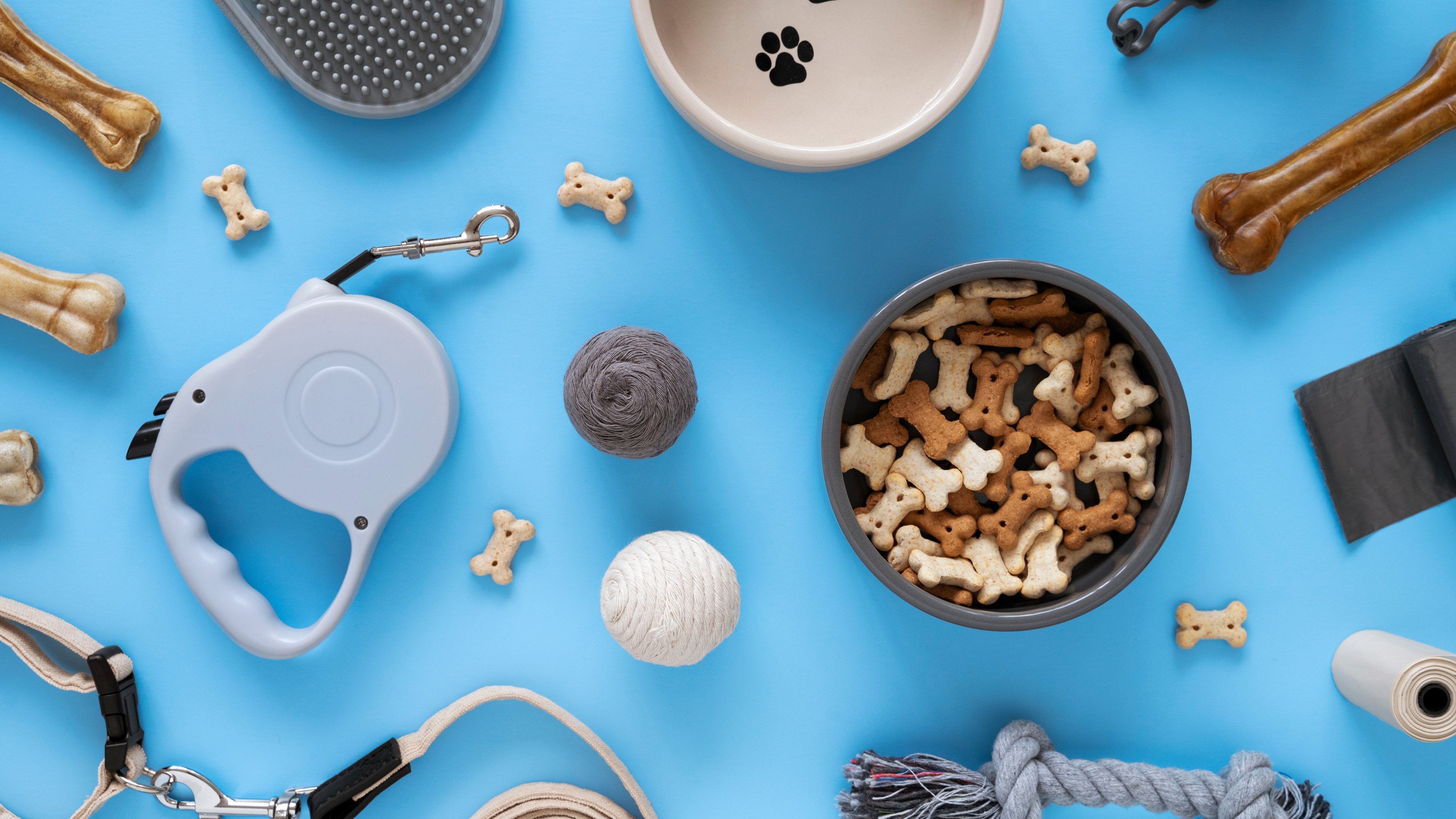How Long Can A Dog Go Without Eating?
As a responsible dog owner, ensuring your furry friend receives proper nutrition and care is paramount. However, there may be times when your dog experiences a loss of appetite, leading you to wonder, "how long can dogs go without food?" This article will delve into the factors affecting a dog's ability to survive without food, the potential risks, and when to seek veterinary attention.
Understanding Your Dog's Nutritional Needs
Before exploring how long a dog can go without eating, it's crucial to understand their nutritional requirements. Dogs are omnivores, requiring a balanced diet consisting of proteins, fats, carbohydrates, vitamins, and minerals. The specific nutritional needs vary based on factors such as age, breed, size, activity level, and health status.
| Life Stage | Nutritional Requirements |
| Puppies | High-quality protein, calcium, and energy for growth and development |
| Adult Dogs | Balanced diet to maintain healthy weight and support bodily functions |
| Senior Dogs | Lower calorie intake, easily digestible proteins, and joint support |
Factors Affecting a Dog's Ability to Survive Without Food
How long can a dog live without food? The answer depends on several factors:
-
Age and Size:
Puppies and small breeds have higher metabolic rates and lower fat reserves, making them more susceptible to hypoglycemia (low blood sugar) when not eating. They require more frequent meals compared to adult dogs. On the other hand, larger breeds and adult dogs have more energy reserves, allowing them to survive longer without food.
-
Health Status:
Dogs with underlying health conditions, such as diabetes, liver disease, or kidney problems, may have a reduced ability to withstand prolonged periods without food. These conditions can affect their metabolism and nutrient absorption, making regular feeding essential for their well-being.
-
Water Intake:
While dogs can survive longer without food compared to water, access to clean drinking water is crucial. Dehydration can occur rapidly, leading to severe health complications. Ensure your dog always has fresh water available, even if they are not eating.
-
Environmental Factors:
Temperature, humidity, and activity level can influence a dog's energy requirements and ability to survive without food. In extreme weather conditions or during periods of high physical activity, dogs may need more frequent meals to maintain their energy levels.
How Long Can a Healthy Dog Go Without Eating?
On average, a healthy adult dog can survive for 3 to 5 days without food, provided they have access to water. However, this is not an ideal situation, and it's important to address the underlying cause of their loss of appetite promptly.
| Duration Without Food | Potential Effects |
| 24-48 Hours | Mild hunger, no significant health concerns |
| 3-5 Days | Increased risk of dehydration, weakness, and organ stress |
| Over 5 Days | Severe health complications, organ damage, and potential death |
It's crucial to note that puppies, senior dogs, and those with health issues may not be able to withstand prolonged periods without food. If your dog hasn't eaten for more than 24 hours, it's best to consult with your veterinarian to rule out any underlying medical conditions and develop a plan to encourage eating.
Reasons Why Dogs May Stop Eating:
There are various reasons why a dog may refuse to eat, ranging from minor issues to serious health concerns. Some common causes include:
-
Dental Problems:
Dental pain, tooth fractures, or gum disease can make eating uncomfortable for dogs. Regular dental check-ups and cleaning can help prevent and address these issues.
-
Gastrointestinal Issues:
Upset stomach, intestinal blockages, or inflammatory bowel disease can lead to a loss of appetite. Symptoms may include vomiting, diarrhea, or abdominal pain.
-
Stress and Anxiety:
Changes in environment, routine, or family dynamics can cause stress and anxiety in dogs, affecting their desire to eat. Creating a calm and consistent feeding routine can help alleviate these issues.
-
Medications and Vaccinations:
Certain medications or recent vaccinations may temporarily suppress a dog's appetite. Follow your veterinarian's instructions and report any prolonged loss of appetite.
-
Age-Related Changes:
As dogs age, their sense of smell and taste may diminish, leading to a decreased interest in food. Offering highly palatable and easily digestible meals can help encourage eating in senior dogs.
When to Seek Veterinary Attention:
If your dog hasn't eaten for more than 48 hours, it's essential to consult with your veterinarian. Additionally, seek immediate medical attention if your dog exhibits any of the following symptoms along with a loss of appetite:
- Lethargy or weakness
- Vomiting or diarrhea
- Abdominal pain or bloating
- Difficulty breathing
- Pale or yellow gums
- Sudden weight loss
Your veterinarian will perform a thorough examination, run necessary tests, and provide appropriate treatment to address the underlying cause of your dog's loss of appetite.
Tips to Encourage Your Dog to Eat
If your dog is not eating due to minor issues or temporary loss of appetite, try the following tips to entice them:
- Warm up their food: Warming wet food or adding warm water to dry food can enhance its aroma and palatability.
- Offer small, frequent meals: Dividing their daily food intake into smaller, more frequent meals can be more appealing to some dogs.
- Add flavor enhancers: Mix in low-sodium chicken broth, cooked lean meats, or pet-safe gravies to make their food more enticing.
- Provide a quiet, comfortable feeding environment: Ensure their feeding area is free from distractions and noise, creating a calm and stress-free space.
- Consider appetite stimulants: In some cases, your veterinarian may prescribe appetite stimulants to encourage eating. However, these should only be used under professional guidance.
Conclusion
How long can dogs go without food? While healthy adult dogs can survive for 3 to 5 days without eating, it's crucial to address the underlying cause of their loss of appetite promptly. Puppies, senior dogs, and those with health issues may be more vulnerable to the effects of not eating.
As a responsible pet owner, monitor your dog's eating habits, provide a balanced diet, and ensure access to fresh water at all times. If your dog hasn't eaten for more than 48 hours or shows signs of illness, seek veterinary attention to ensure their health and well-being.










Leave a comment